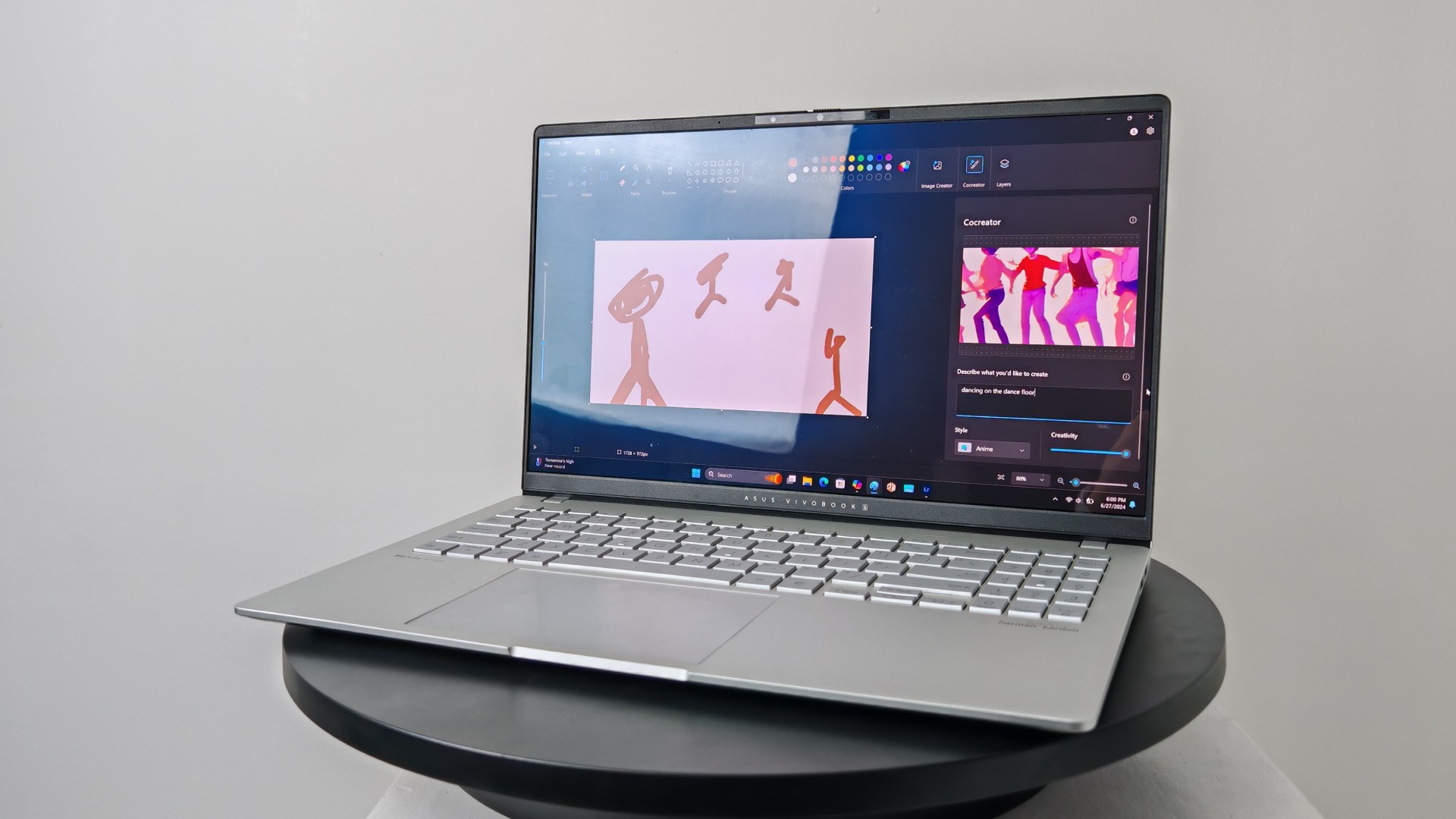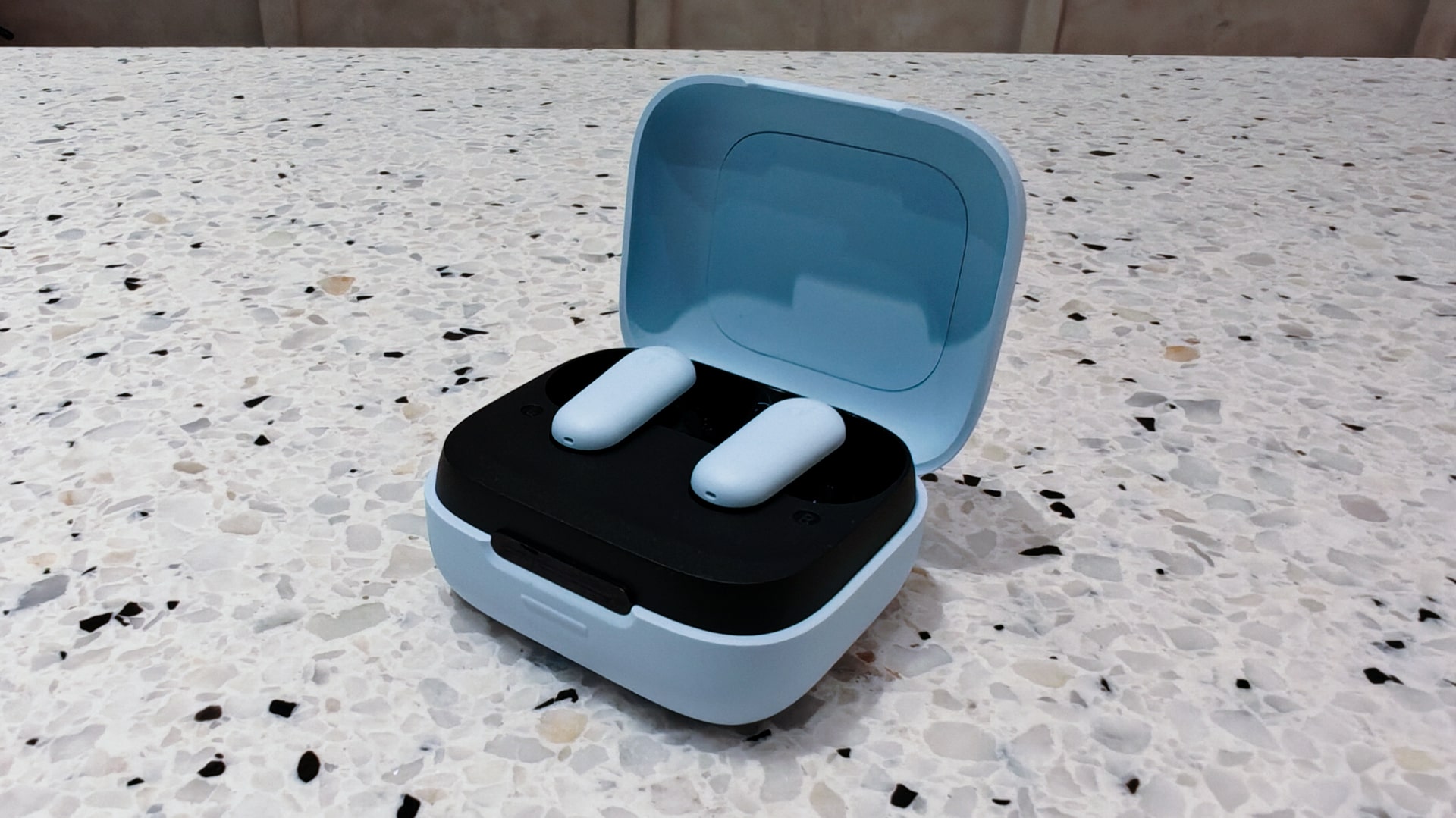Stratpoint Technologies has helped businesses especially the retail industry to shift to digital when the pandemic hit by creating mobile applications for them. Brands and businesses that offer e-commerce, payment services, insurance, knowledge management, health monitoring, and even malls have also benefitted from this.

Customers have also adopted this change to purchase products such as food, groceries, gadgets, apparel, services, and even consumer durables all while staying in the comfort of their homes with additional perks such as discounts for first-time buyers to attract more customers. With others following this trend, competition starts to arise and has also moved to the digital space most especially that having an online channel has become a minimum requirement for any business.
The Department of Trade and Industry (DTI) has recorded 88,000 online companies that sought registration due to new online businesses that sprung when the pandemic hit. In contrary to this, a recent report by the World Bank and National Economic Development Authority (NEDA) saw a huge 80% drop in mall visits.
Utilizing online channels and Artificial Intelligence
Businesses, with the help of their online channels, can now open and operate 24/7 and answer customer inquiries and take in orders. On the other hand, large-scale businesses utilize Artificial Intelligence (AI) to handle these queries and no longer need to rely on manpower to operate round-the-clock. AI can also facilitate the buying process of a customer without the help of human intelligence in making decisions.

Brands such as Amazon have integrated AI into their business. Its grocery store, Amazon Fresh, allowed its customers to shop at the physical store without the hassle of falling in line to pay for their purchases. This is done by bringing their own shopping bags, pick-up the items, and leaving the store. Purchases are being processed through computer vision, deep learning, and sensor fusion with payments automatically handled in the Amazon Go app.
Nike on the other hand in its New York store allows customers to book a fitting appointment online. This is being done by heading to the store to find the locker with the shoes they wanted to try on. Using their smartphone, they can unlock the locker as well as pay for the shoes immediately.
Personalization and product recommendation can also be enabled by AI. For instance, when a customer browses a product catalog and checks out an item to pay, other product recommendations that the customer may be interested to purchase before check-out also appears based on their browsing history, profile, and preferences. Product recommendations can also be in-app, personalized ads, or through sending a newsletter to the e-mail registered by the customer.
On the other hand, augmented intelligence is a type of machine learning technology that reduces human effort without completely replacing it. One of its applications in retail is to read and understand the context of documents such as receipts and invoices so that humans can simply consume the digitized information and use it as they see it.
Mary Rose dela Cruz, CEO of Stratpoint, comments, “Business today — they have no choice. They need to evolve and use technology. The competition is now global, and the barriers to entry have disappeared. Stratpoint, with our 20 years of experience in digital transformation, can help businesses thrive in this new environment.”

























Leave a Reply